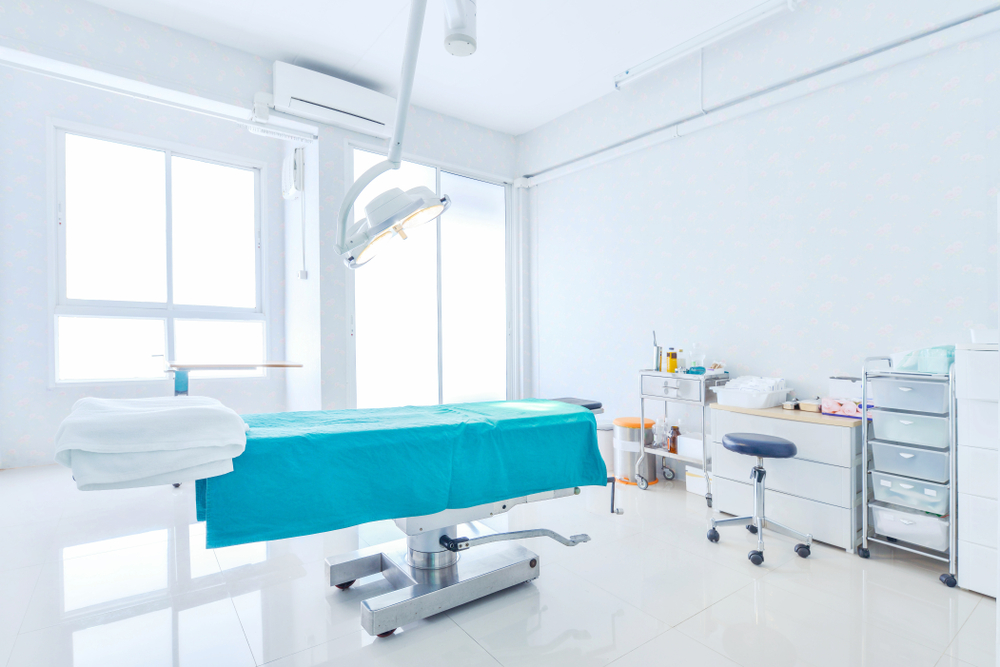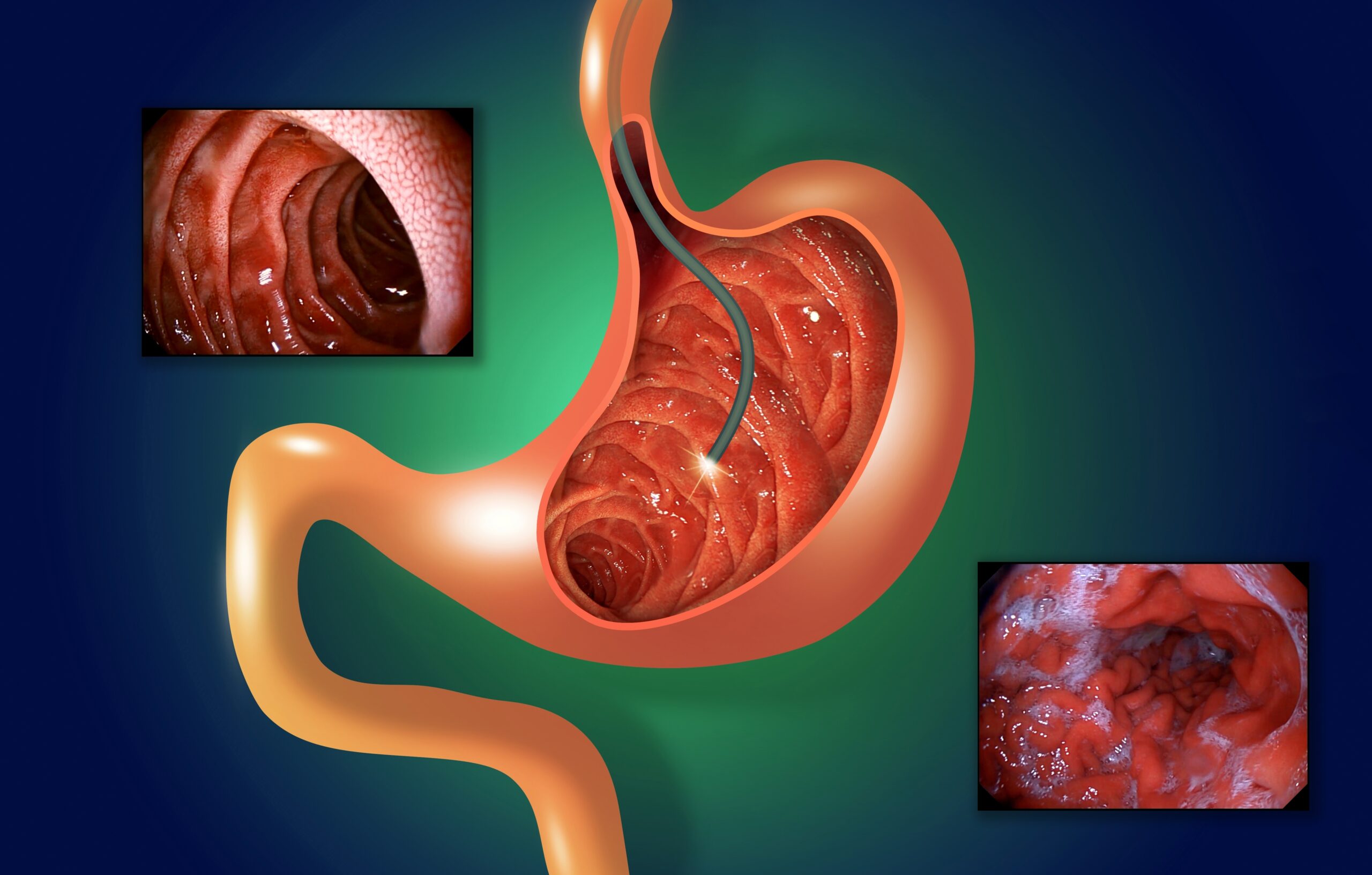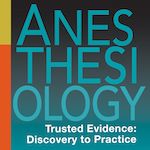
Office-based surgery (OBS) is one of the fastest-growing care settings in the US. From ophthalmology and dermatology to gastroenterology and even orthopedics, more procedures once limited to hospitals or ambulatory surgery centers (ASCs) are now being performed in medical office suites. Among many factors, the growth is being fueled by…

For an ambulatory surgery center (ASC), earning accreditation can be more than a mark of excellence. The Accreditation Association for Ambulatory Health Care (AAAHC) offers Medicare Deemed Status Accreditation, eliminating the need for separate surveys to certify compliance with the Conditions of Participation (CoPs) required by the Centers for Medicare…

Editor’s Note: This page is a companion piece to the main article, How ASCs ace the AAAHC accreditation survey. The posts below cover the latest version of the handbook from the Accreditation Association for Ambulatory Health Care (AAAHC) and advice on delineation of privileges. Navigating the new handbook The latest…

Editor's Note Research shows patients undergoing procedural sedation for endoscopic procedures experience significant and often undetected heat loss comparable to that seen during general anesthesia despite widespread assumptions that sedation preserves thermoregulation. Findings were published May 27 in The Journal of PeriAnesthesia Nursing. Conducted at a tertiary hospital in…

Editor's Note Cannabis users may require higher doses of anesthetics during sedation and experience worse physical and psychological symptoms during cancer treatment, according to an April 7 announcement from the University of Oklahoma (OU). Publishing in the journal Gastrointestinal Endoscopy, a multidisciplinary team of university researchers found that cannabis users…

Editor's Note Propofol research published in the journal Neuron has broader implications for enabling more precise, safer doses of anesthesia, according to an August 14 report in Anesthesiology News. According to the article, anesthesiologists tend to use higher doses of anesthetics because they rely on indirect measures, such as heart…

Editor's Note A manufacturing defect in a critical component of an upper airway stimulation (UAS) system and coils prone to overheating during magnetic resonance imaging scans (MRIs) prompted The US Food & Drug administration to issue two Class 1 recalls June 8. Class 1 is the most severe category, indicating…

Gastrointestinal (GI) endoscopy is one of the most common procedures in the US. Performed more than 17.1 million times per year in inpatient and outpatient hospital settings as well as ambulatory surgery centers (ASCs), GI procedures account for 68% of all endoscopies, according to a May 2022 article in Digestive…

Editor's Note The advance of ketamine and other anesthetics as depression treatments is spurring collaboration among anesthesiologists and psychiatrists for further advances in mental health treatment, according to an article in the June issue of Anesthesiology, the peer-reviewed journal of the American Society of Anesthesiologists. As the established experts in…

Editor's Note New federal guidelines require obtaining written informed consent before conducting pelvic and other sensitive medical examinations, according to an April 2 Associated Press report. The new guidance from the US Department of Health and Human Services focuses specifically on medical students, nurse practitioners, and physician assistants performing breast,…